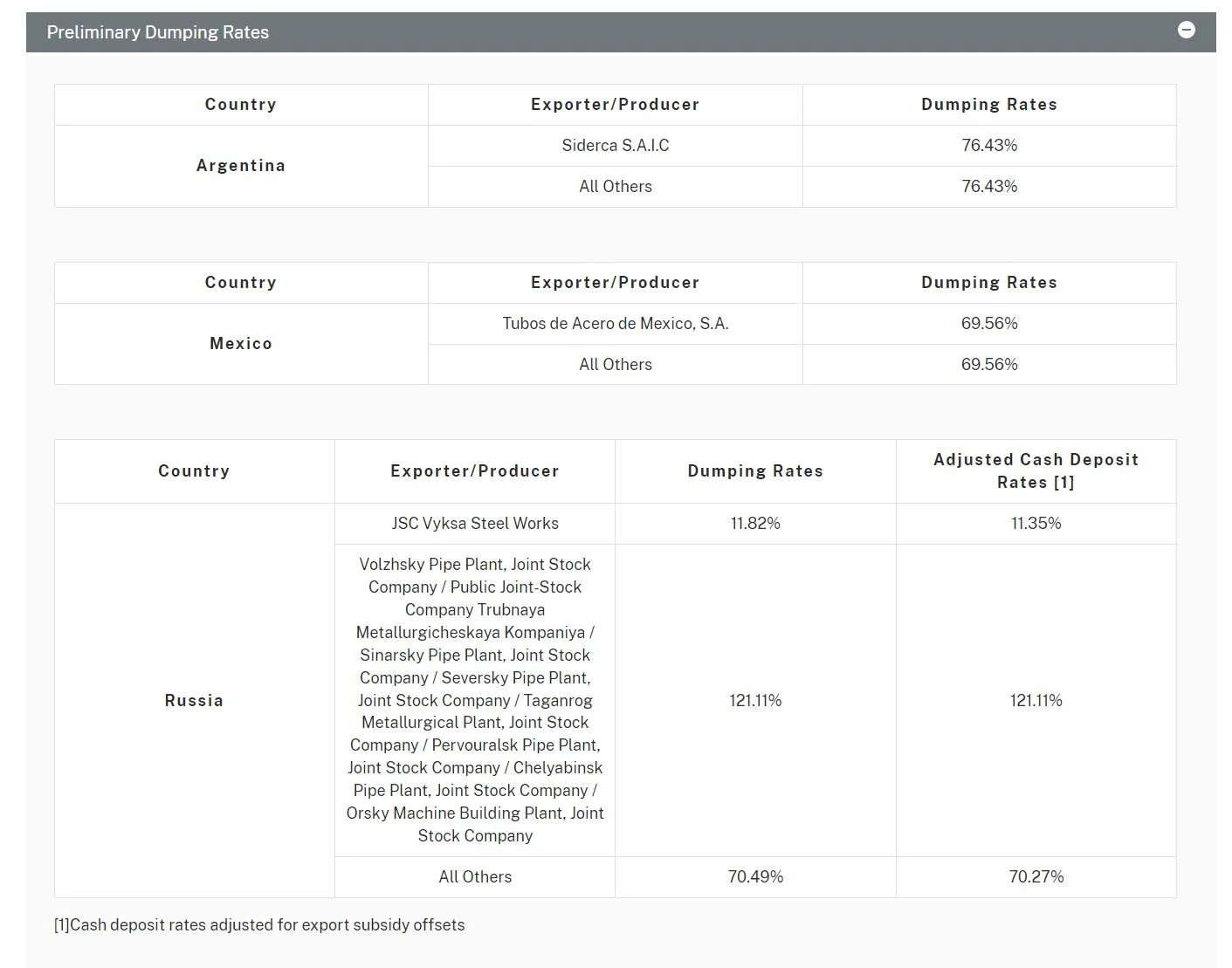Today, the Biden-Harris Administration published plans for future potential regulatory actions that include the U.S. Food and Drug Administration’s plans to develop a proposed product standard that would establish a maximum nicotine level to reduce the addictiveness of cigarettes and certain other combusted tobacco products. The goal of the potential rule would be to reduce youth use, addiction and death.
Each year, 480,000 people die prematurely from a smoking-attributed disease, making tobacco use the leading cause of preventable disease and death in the United States. Additionally, tobacco use costs nearly $300 billion a year in direct health care and lost productivity.
While nicotine is not what makes smoking cigarettes so toxic, it’s the ingredient that makes it very hard to quit smoking. Addiction to nicotine in combusted products is the main driver of sustained use of these products. In fact, more than half of adult cigarette smokers make a serious quit attempt each year (quitting for at least a day), but most do not succeed due to the addictive nature of cigarettes. Such a product standard, if proposed and then finalized after a thorough process, would make those products minimally- or non-addictive.
“Nicotine is powerfully addictive,” said FDA Commissioner Robert M. Califf, M.D. “Making cigarettes and other combusted tobacco products minimally addictive or non-addictive would help save lives. The U.S. Surgeon General has reported that 87 percent of adult smokers start smoking before age 18, and about two-thirds of adult daily smokers began smoking daily by 18 years of age. Lowering nicotine levels to minimally addictive or non-addictive levels would decrease the likelihood that future generations of young people become addicted to cigarettes and help more currently addicted smokers to quit.”
A paper published by the FDA in the New England Journal of MedicineExternal Link Disclaimer in 2018 projected that by year 2100, a potential nicotine product standard could result in more than 33 million people not becoming regular smokers, a smoking rate of only 1.4%, and more than 8 million fewer people dying from tobacco-related illnesses. The current smoking rate is 12.5%. Read More→




